Trash & Recycling Schedule
Trash and Recycling Pick Up Days:
- Trash – Tuesday/Friday
- Heavy Trash/Yard Waste – Every Friday
- Recycling – Every Tuesday
Trash and Recycling Pick Up Days:
Construction for the Walden Hike and Bike trail is scheduled to begin on Monday, December 12, 2022, at Aerobic Avenue. The Walden Hike and Bike trail will consist of approximately two and one-half miles of paved trail spanning from Aerobic Avenue to Leisure Place Lane. The paved trail will vary in width from four feet to eight feet. Other amenities of the Hike and Bike trail include dog waste stations, trail rules signage, and various plants and landscaping at a trail turnaround.
Construction in Harris County Flood Control District right-of-way requires:
Site plans must be approved prior to obtaining the required hcfcd right-of-way notification. Be advised that the HCFCD right-of-way notification is separate from the site development permit package.
1.) HCFCD right-of-way notification (permit)
2.) HCFCD 48-hr pre-construction notice
Both are required prior to entering or working within Harris County Flood Control District right-of-way. The HCFCD right-of-way notification and 48-hour notice must be provided to HCFCD at dcid@hcfcd.org. To apply for the HCFCD right-of-way notification please go to http://apps.harriscountytx.gov/epermits and apply for the HCFCD row under row notification. Failure to provide both items could result in project delays.
In areas where the project design incorporates fill adjacent to neighboring landowners , the contractor shall implement grading and/or perimeter runoff catchment devices (e.g.- perimeter ditches or other best management practices) during construction to ensure that adjacent parcels bordering the project site do not experience interim drainage flows that exceed pre-development conditions for storm events up to and including the current storm drainage design criteria at the time of permit or carry sediment generated as part of construction activities. Where applicable ,these practices are in addition to the standard storm water pollution prevention design and shall include additional ditches redirecting site drainage or temporary piping. this note is not intended to address any liability or responsibility under Texas Water Code 11.086.
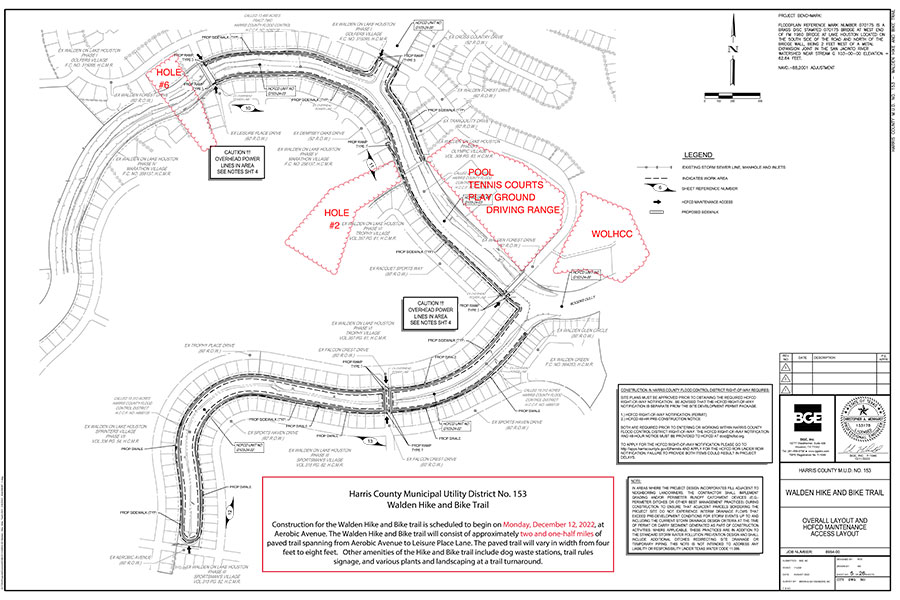
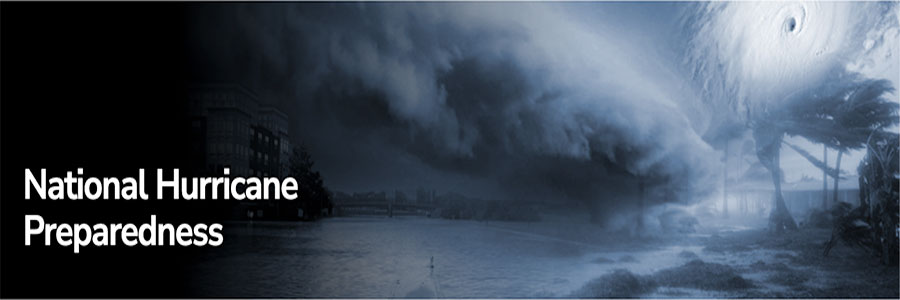
Be ready for hurricane season. Today you can determine your personal hurricane risk, find out if you live in a hurricane evacuation zone, and review/update insurance policies. You can also make a list of items to replenish hurricane emergency supplies and start thinking about how you will prepare your home for the coming hurricane season. If you live in hurricane-prone areas, you are encouraged to complete these simple preparations before hurricane season begins on June 1.
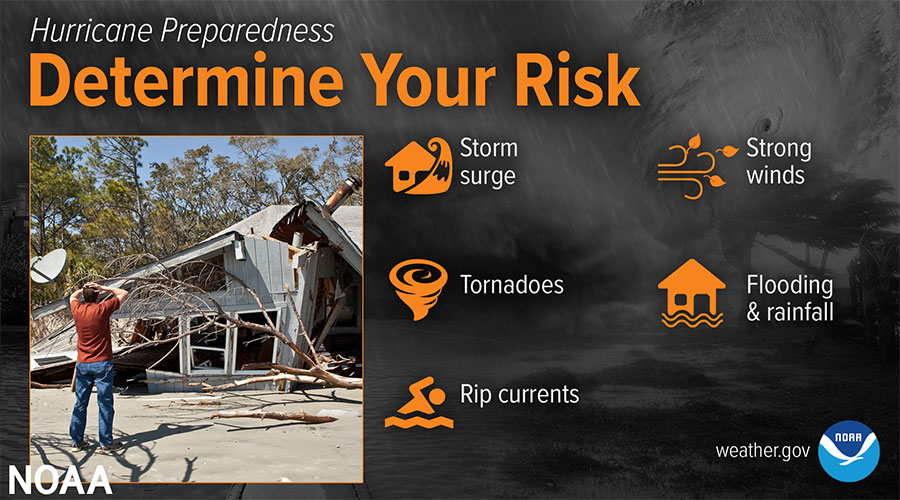
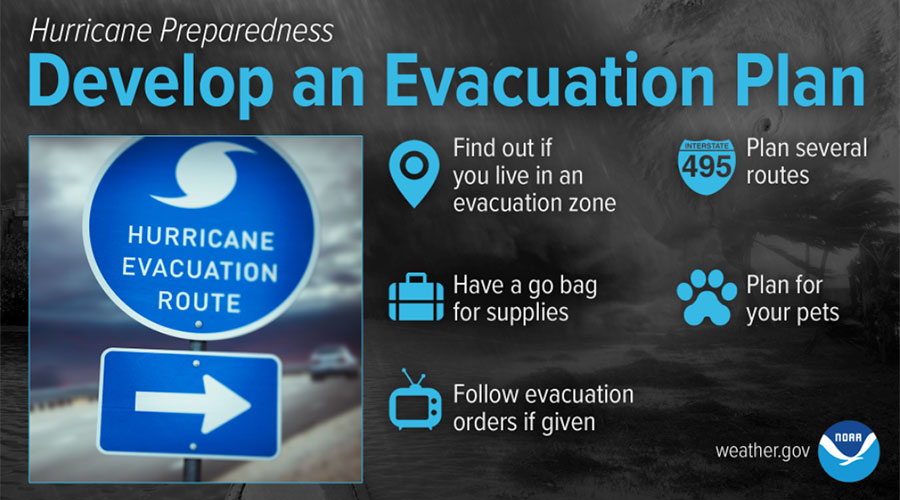
You do not need to travel hundreds of miles. Your destination could be a friend or relative who lives in a well built home outside flood prone areas. Remember, your safest place may be to remain home. Be sure to account for your pets in your plan.
As hurricane season approaches, listen to local officials on questions related to how you may need to adjust any evacuation plans based on the latest health and safety guidelines from the CDC and your local officials.
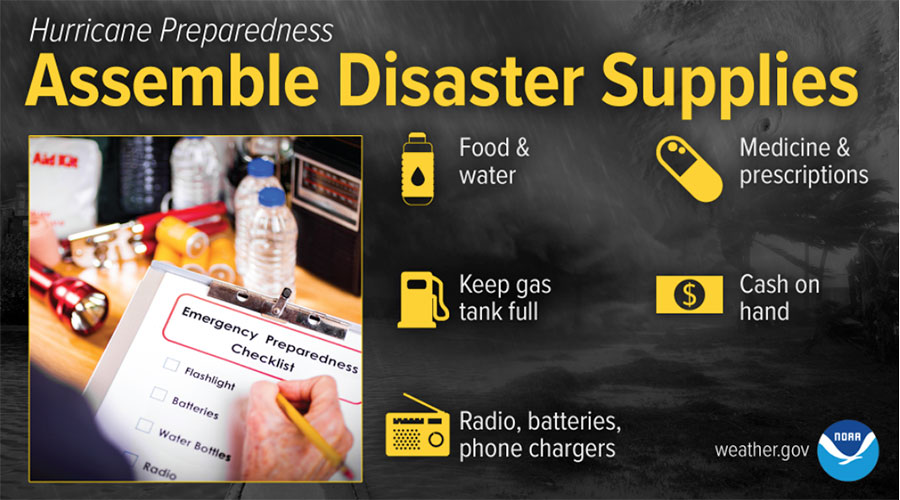
Whether you’re evacuating or sheltering-in-place, you’re going to need supplies not just to get through the storm but for the potentially lengthy and unpleasant aftermath. Have enough non-perishable food, water and medicine to last each person in your family a minimum of 3 days (store a longer than 3-day supply of water, if possible). Electricity and water could be out for at least that long. You’ll need extra cash, a battery-powered radio and flashlights. You may need a portable crank or solar-powered USB charger for your cell phones.
If you need to go to a public shelter, follow health guidelines from your local officials and the CDC.
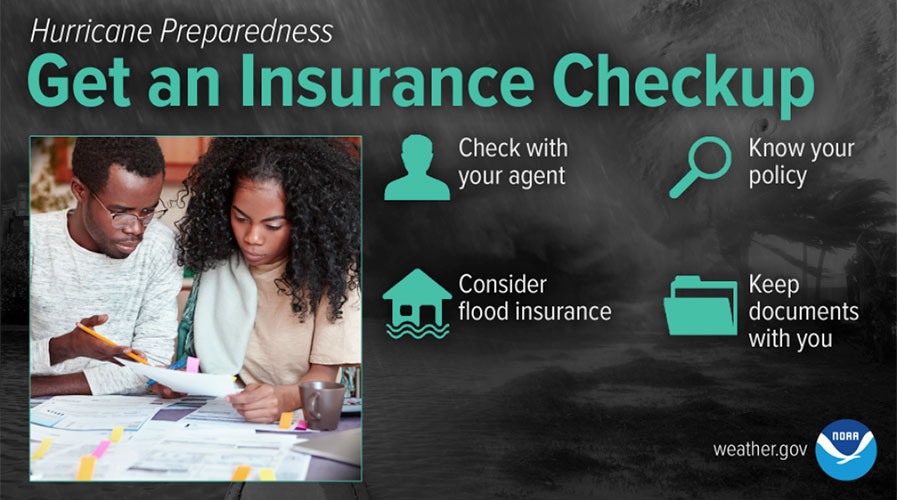
Flood insurance is available through your company, agent, or the National Flood Insurance Program at floodsmart.gov. Act now, as flood insurance requires a 30-day waiting period.
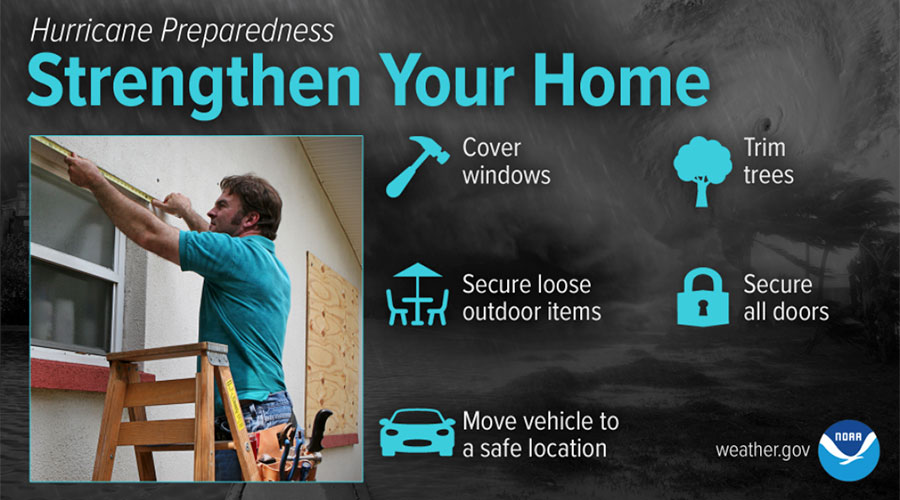
Whether you’re evacuating, or planning to ride out the storm in your home, make sure it is in good repair and up to local hurricane building code specifications to withstand wind impacts. Many retrofits are not as costly or time consuming as you may think.
Have the proper plywood, steel or aluminum panels to board up the windows and doors. Remember, the garage door is the most vulnerable part of the home, so it must be able to withstand the winds.
If you’re a renter, work with your landlord now to prepare your home for a storm.
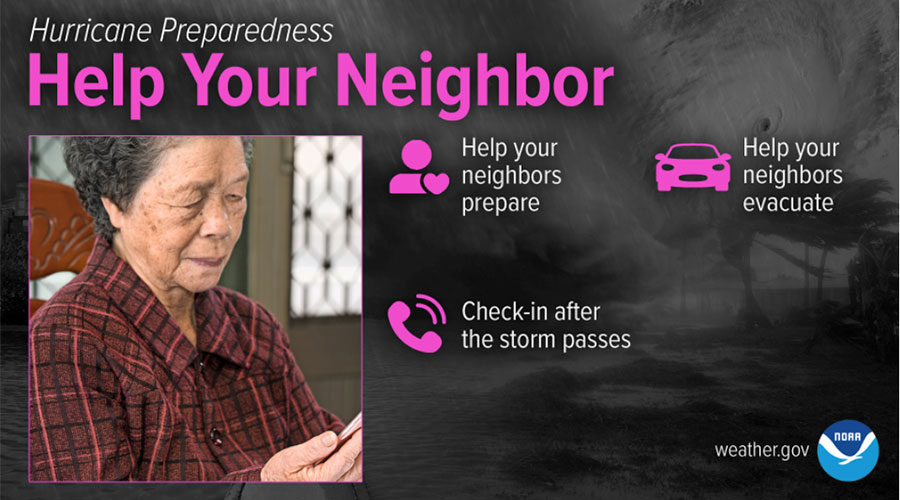
Start the conversation now with these Neighbor Helping Neighbor strategies but remember you may need to adjust your preparedness plans based on the latest health and safety guidelines from the CDC and your local officials.
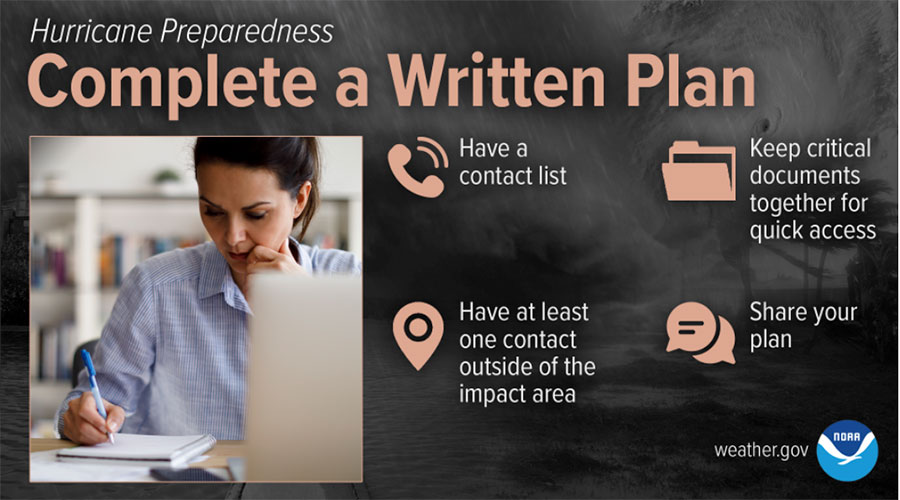
The time to prepare for a hurricane is before the season begins, when you have the time and are not under pressure. If you wait until a hurricane is on your doorstep, the odds are that you will be under duress and will make the wrong decisions.
Take the time now to write down your hurricane plan. Know who issues evacuation orders for your area, determine locations on where you will ride out the storm, and start to get your supplies now. Being prepared before a hurricane threatens makes you resilient to the hurricane impacts of wind and water. It will mean the difference between being a hurricane victim or a hurricane survivor.
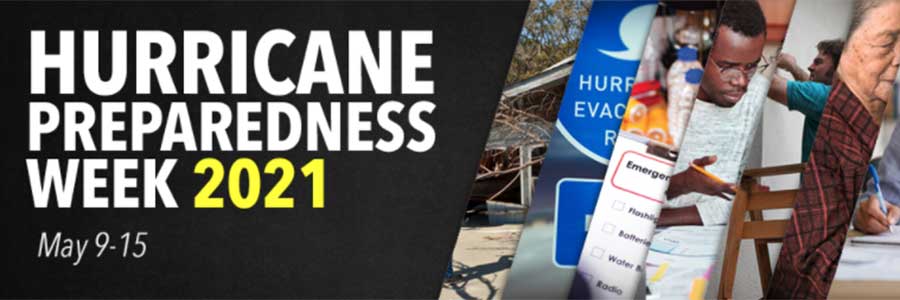
Be ready for hurricane season. Today you can determine your personal hurricane risk, find out if you live in a hurricane evacuation zone, and review/update insurance policies. You can also make a list of items to replenish hurricane emergency supplies and start thinking about how you will prepare your home for the coming hurricane season. If you live in hurricane-prone areas, you are encouraged to complete these simple preparations before hurricane season begins on June 1. Keep in mind, you may need to adjust any preparedness actions based on the latest health and safety guidelines from the CDC and your local officials.
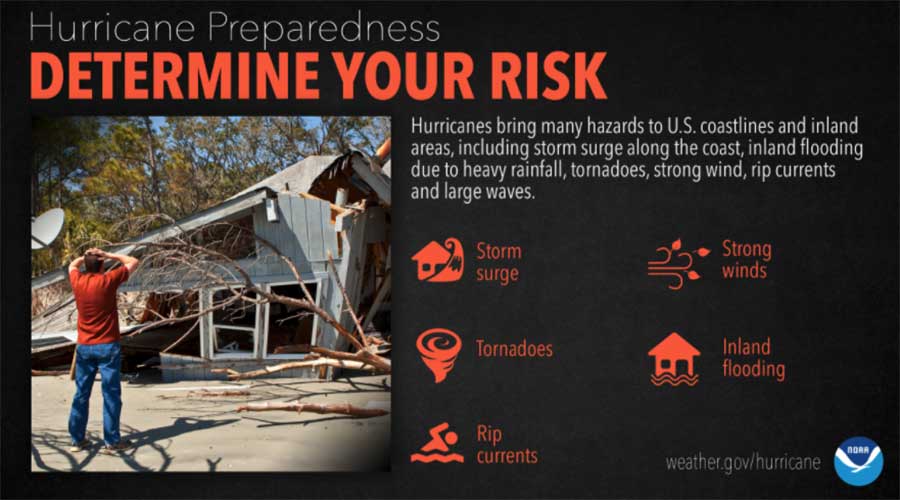
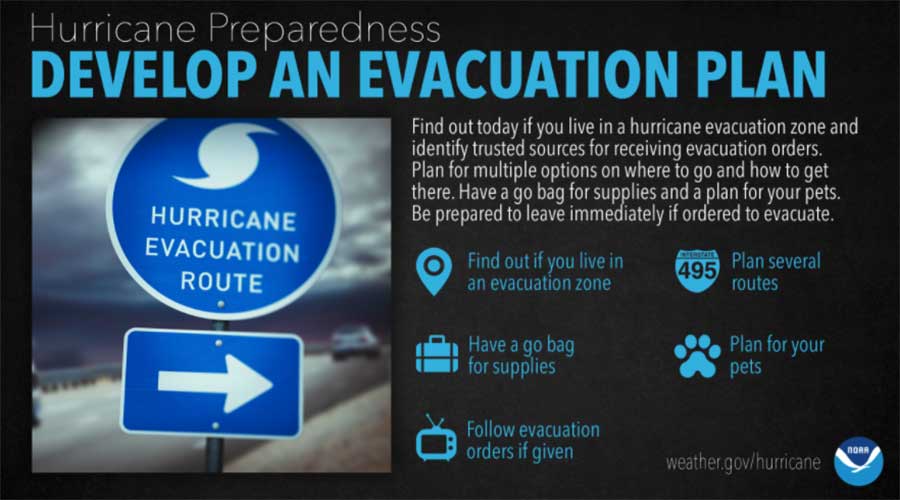
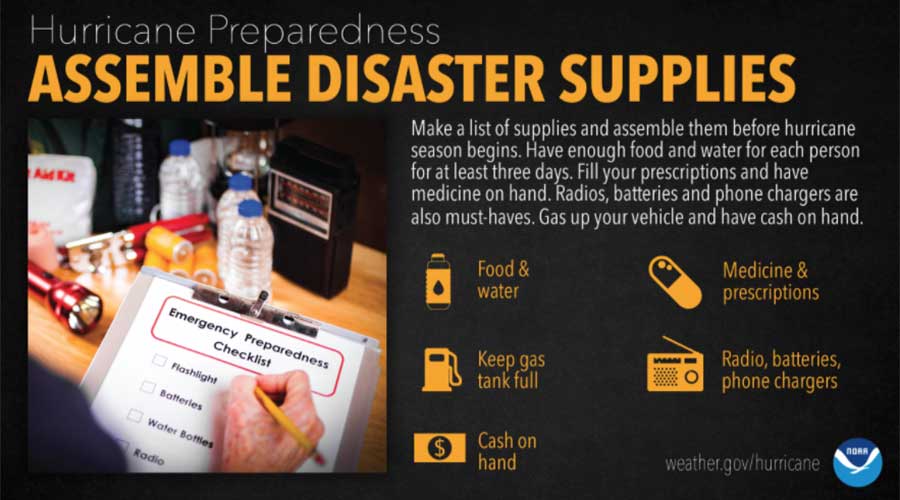
If you need to go to a public shelter, the CDC recommends bringing items that can help protect you and others from COVID-19, such as hand sanitizer with at least 60% alcohol, bar or liquid soap, disinfectant wipes (if available) and two masks for each person. (Children under two years old and people having trouble breathing should not wear face coverings.)
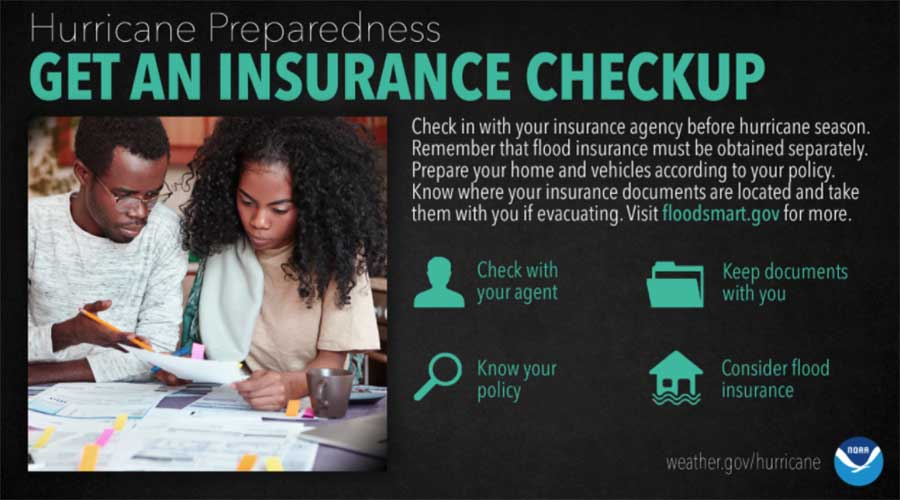
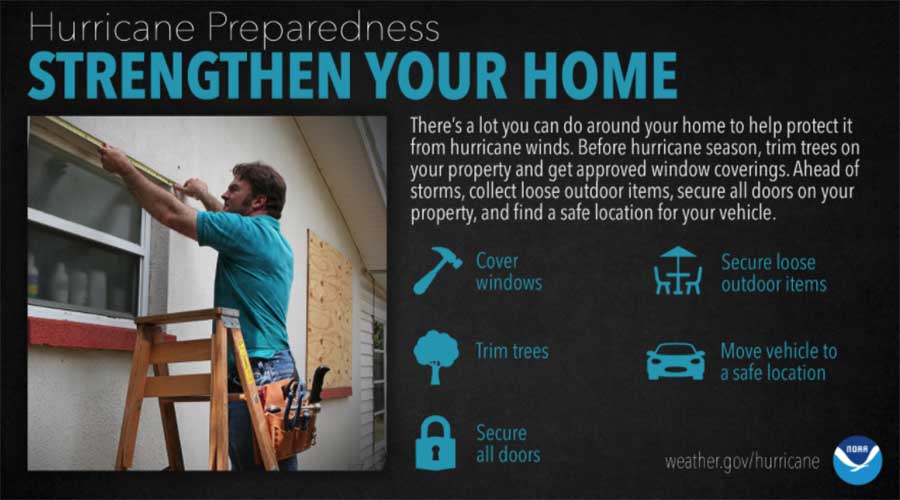
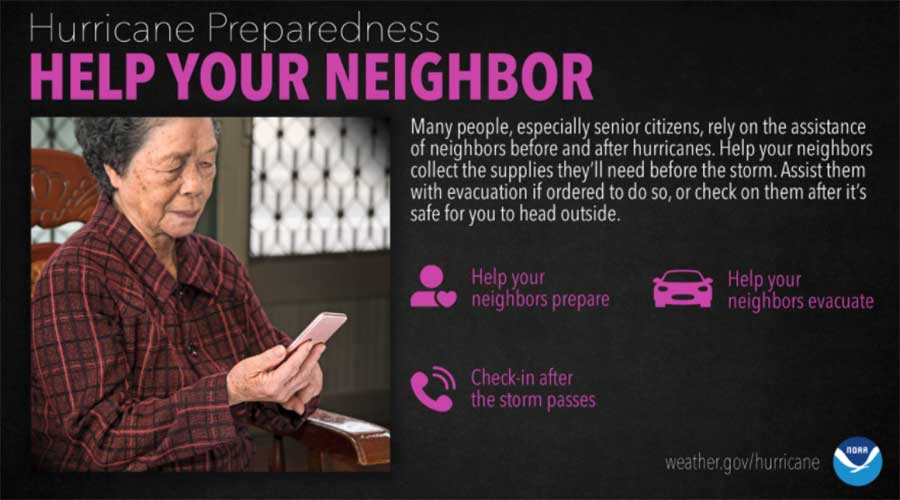
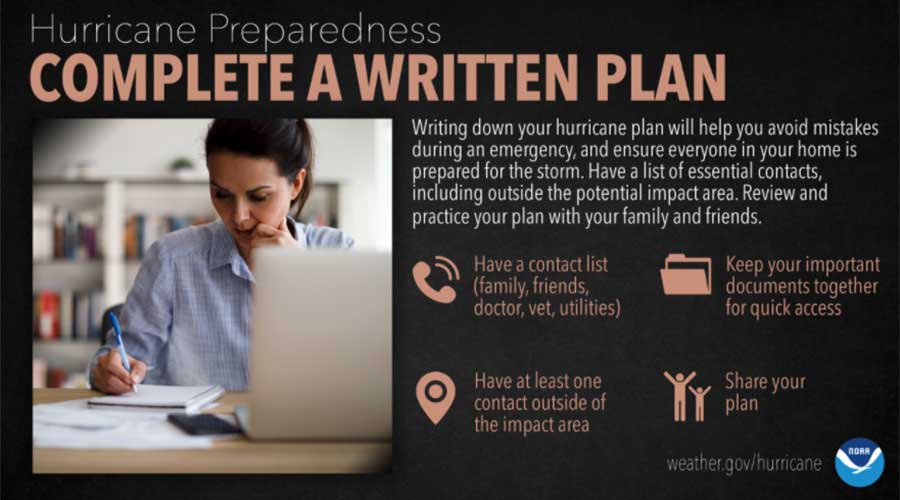
Harris County MUD 153 residents, it is time to prepare for colder temperatures! There is a Freeze Watch in effect for Sunday night through Tuesday morning, February 14th – February 16, 2021. Temperatures are expected to drop to freezing levels overnight.
How can District residents prepare? Practice the “Four P’s” as the cold fronts set in:
Additionally, there are a few vehicle-safety tips to observe during winter weather:
Lastly, Fire Departments have provided some safety tips surrounding space heaters and other supplemental heating sources during the colder days:
In order to provide information to our neighborhood, the following snapshot for the month of January 2020 will be discussed here.
During the month, the board allocated approximately $25,000.00 for mowing and related items on neighborhood ditches. This is an ongoing expense the board has undertaken to improve the quality of maintenance typically done by Harris County. The grounds are now safer and cleaner and not prone to damage from flooding.
The board allocated approximately $11,500.00 for the month related to Constable patrolling for Walden on Lake Houston and the area within the MUD borders. This money enhances the readiness of forces and additional patrols to prevent crime in the neighborhood.
The board has committed approximately $8,000.00 as a donation for part of the sidewalk recently installed at Atascocita Middle School. This provides safer trails for the children to avoid vehicular traffic as much as possible. In past years, MUD 153 has donated to AMS for their current soccer fields and tennis courts and more.
The board allocated $35,000.00 to Maplebrook Elementary to redo and improve the walking/running track on the campus. With donations to any school, MUD 153 requires neighborhood access during non-school hours. In past years, MUD 153 has donated to the school’s science pond/garden area, the playground equipment, a sidewalk and track.
MUD 153 manages a yearly budget of about $2.4 million and primarily provides water, sewer, and trash/recycling service to our neighborhood, including the responsibility of maintaining plants, tanks, generators, wells, distribution lines, and services by third parties to keep all functioning properly. This necessarily includes rehabilitation and replacement of aging facilities as well.
The board continues to be responsive to the neighborhood above and beyond what is required. The current board is always available to hear any resident concerns or ideas. Recently, an item concerning the age 65 and over tax exemption was brought to the board’s attention and after careful consideration, the board doubled the exemption from $5,000.00 to $10,000.00.
The board recently replaced all water meters with modern smart meters, that include the capability for individual homeowners to monitor on-line, information related to water usage among other things. This project required approximately $1.2 million to finance.
Use the link below to log in and view your smart water meter. This will allow you to view your monthly and daily usage.